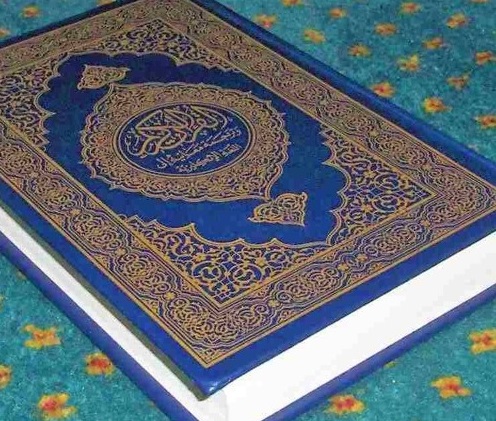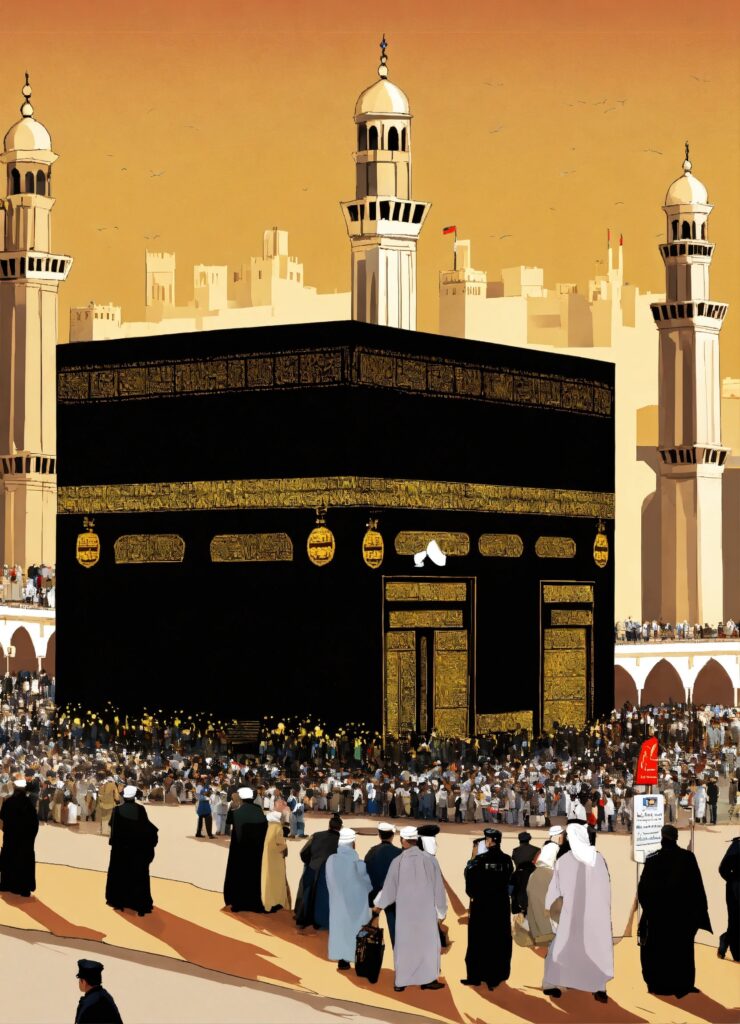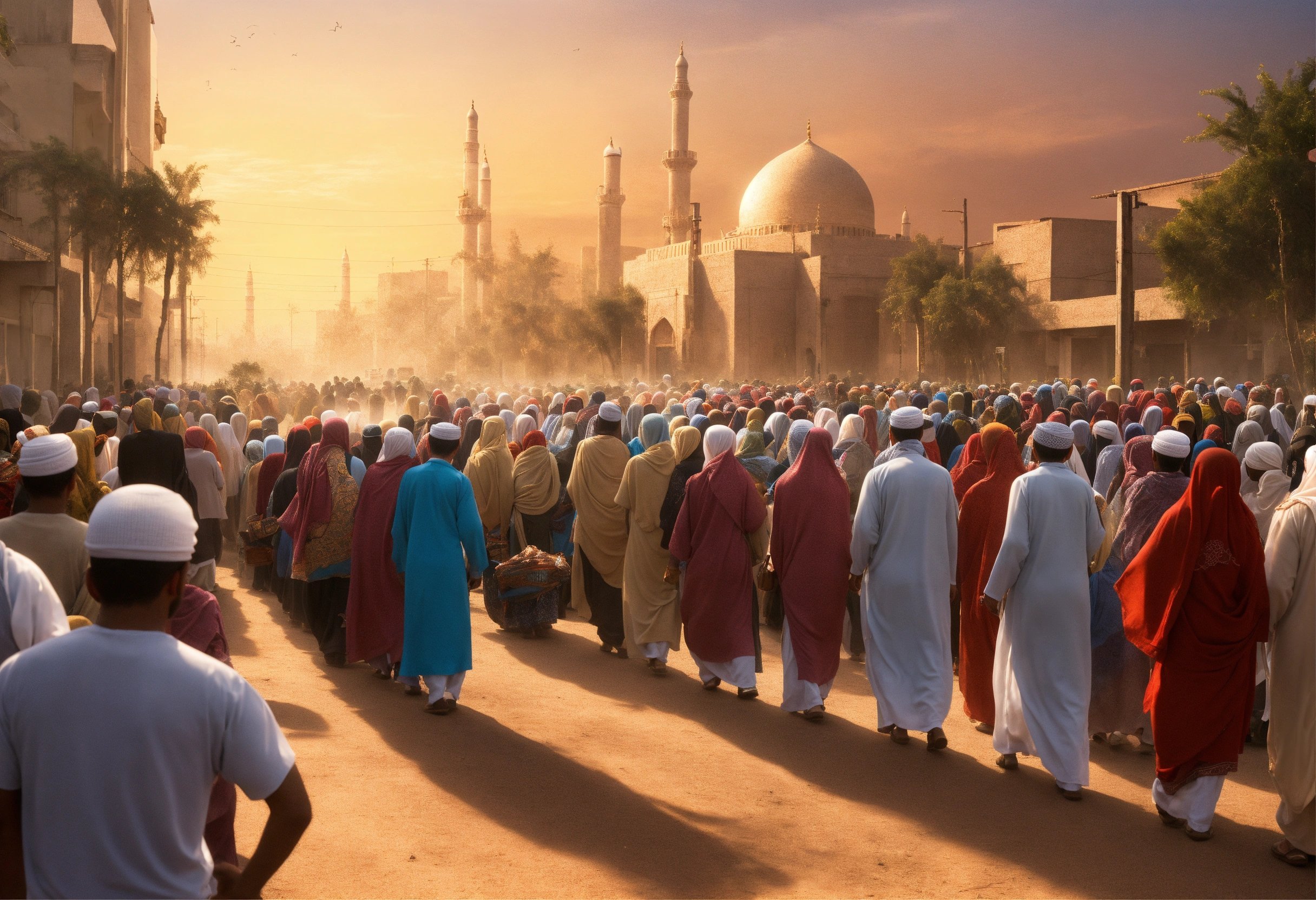Zururiyaat Ahl-e-Sunnah. (Isaal e sawab)
Today, We will discuss This type of aqeedah: Dururiyaat wa Ahlus Sunnah. In particular, it’s the aqeedah of Isaal e sawab, which benefits other people. As we will hear insha’Allah, it’s mostly directed at the dead, but it can also be said to the living. What does the Quran say about this? According to the Hadith, what do they say about this aqeedah? What was the amal of the sahaba radiAllahu anhum ajmaeen?
We will hear about this, God willing. So the question is, does the amal of a person help another? Even more so if that person is dead. Ahlus Sunnati wal Jama’ah says that it does. You can help someone through your amal, righteous amal. You can say the maghfirah prayer for them, which will help them.
Or she will also gain something. There is such a thing as Isaal e sawab, but some people don’t get it and use the wrong verses from the Quran to confuse others. One famous verse from the Quran used to argue against Isaal e thawab, which means giving rewards to other people, is: “And a person will only have what he strives for.”
This verse from the Quran does not mean that you can’t help someone else through your Amal, Dua, or other prayers. There are a lot of different ways to understand what it means. One way to look at it is that it doesn’t even apply to Muslims.
It applies to people who don’t believe because nothing will help anyone else. They don’t have Iman. This Ayah could also mean that it is no longer valid.
The ruling in this Ayah is Mansukh

The ruling in this Ayah is Mansukh; it’s no longer followed. It was first revealed, and other parts of the Quran supporting Isaal al-Thawab were also shown. Another way to view it is that bad or evil actions don’t spread to others. Otherwise, if someone starts a bad habit and others follow suit, he will be responsible for the sins of all those who follow him. These are just a few sahih meanings of the verse. Everyone knows that the people who use this verse to disprove Isaal e sawab are lying, since that’s not how it should be understood. Otherwise we won’t be able to do dua for anyone because we benefit others through dua.
When we read namaz, tahiyyat, when we’re about to conclude our prayer, what do we say? Oh Allah, forgive me and my parents and all the believers on the day of judgment. We couldn’t say this prayer. But this dua is written in the Quran. So when you pray for your parents or other believers, you do it with the goal of making them better. This particular dua is in Surah Ibrahim, and it was said by Sayyiduna Ibrahim. It goes without saying that when we say the duas of the Anbiya, we are getting some good luck.
Then there’s another verse in the Quran—you could say this is the most important verse used to support the idea of giving rewards to other people. And those who came after them, they said, O our Lord, forgive us and our brothers who preceded us in faith.
Now, have a look at this verse. What the Quran says about the prayers of those who have gone before us is that they said prayers for themselves and their faith brothers who had died before them. The Quran is instructing this. This verse makes the idea of isaal u thuaab clear. So for someone to come today and say, “Oh, there’s no point,” Don’t waste your time in doing that. That’s because they have the wrong idea about this idea.
Do not forget that when you send rewards to other people or make dua for them, you will also get rewards. It’s not true that when you send someone gifts or make a dua of maghfir for them, you lose something.
It doesn’t work like that
It doesn’t work like that. So if someone has a mobile phone and he passes it on to others, it’s out of his possession now and he can no longer benefit from that phone. This concept is totally different. And the idea we’re talking about, it doesn’t refer to objects or anything like that. It comes from the Quran: Allah Ta’ala is all-powerful, and when we give benefits to other people, we don’t lose our own. We’re rewarded too. It is said in one story that whoever goes to a graveyard, recites Surah Ikhlas eleven times, and then tells all the Muslim people who live there about the prize will, of course, get it themselves.
But the Hadith states that in accordance to how many people there were in the grave and the reward that they will attain, all of that together combined will also go to the person who initially sent the reward, the reciter himself, SubhanAllah.
So one great means of multiplying your rewards manifold is by sending rewards to the deceased, sending rewards to others. Inshallah, your reward will also be bigger. So whatever good deed you do, whatever good action you do, you can send the rewards of that. You can now read the Quran, feed other people, build a mosque, dig a well, or have one dug for you. Any other virtue, any other righteous action you can perform it and then send the rewards to the creation and the believers. So our actions do help others. The Quran tells us this.
The Ahadith tell us this. Now, this is the idea we need to understand. Other things will follow from that idea. It should also be simple to understand.
So we have us commemorating the days when the awliya passed away is the plural. This is something that’s celebrated throughout the world in the muslim lands. This group is part of Isaal e thawab, and they honor the life of Waliyahullah by sending them awards and giving them our own rewards. Similarly, when commemorating the Gyarvee Sharif, Ghous-e-Azam radiAllahu anhu, and this is the concept behind it.
Celebrate Maulidun Nabi صَلَّی اللّٰہُ تَعَالٰی عَلَیْہِ وَاٰلِہٖ وَسَلَّم

When we celebrate Maulidun Nabi SallAllahu Alaihi Wasallam, we’re presenting a gift to the Prophet SallAllahu Alaihi Wasallam in the form of reward. Similarly, when our loved ones pass away, we hold Khatam. The Qur’an is recited completely after the fourth day or the third day or the 10th day, the 40th day, whatever is easy for people. So, this concept shouldn’t confuse people.
Why are you gathering after so many days? Why are you doing this? Why are you doing that? If they understand the concept, Isaal e thawab, then they wouldn’t complain. They wouldn’t make that much noise. And we need to understand this ourselves as well. And if this idea of Isaal e thawab wasn’t an Islamic concept, we wouldn’t find the Sahaba asking about it. The Prophet Ali would not have agreed with it.
Sayyiduna Sa’ad bin Ubaidah, for example, a Sahabi of the Prophet , he came to the court of Rasulullah and he said, Ya Rasulullah , my mother has passed away. What kind of Sadaqah should I give? Which Sadaqah is the greatest? And the Prophet said, meaning in answer to this question of the Sahabi, that what Sadaqah shall I do to help my mother?
What is the greatest form of Sadaqah?
The Prophet said, Al-Ma’a, water. And the Muhaddithun, the scholars, The shariheen have written that the Prophet answered by saying water because water was scarce at that time. Water was required at that time. There was a haja for water. There was a need for water as well. So a well was dug for the mother of Sayyidina Sa’ad bin Ubadah and the Prophet said, This is for the mother of Sa’ad, meaning the reward is for the mother of Sa’ad. Otherwise, what is she going to do with the well itself, the actual well? Meaning when people take water from this, when they drink water, they gain from this. The reward of that will go to the mother of Sayyiduna Sa’ad bin Ubadah.
So this is how the Sahaba would benefit those who are passed on from the world. So all of these things that we do today with this intention to convey rewards to the deceased, those who are passed on, it’s fine. It’s fine and it’s permissible as well. As you just heard from the Hadith of Sayyiduna Sa’ad bin Ubadah, There’s another hadith, this is in Sahih Muslim. Umm Mu’minin Sayyidatuna Aisha Sadiqah has said that somebody came to the Prophet, and he asked that my mother has quickly passed away.
And if she had the chance to do something before she passed away, she would have given Sadaqah. So right now, if I do something on her behalf, offer something on her behalf, sadaqah, will she benefit?
The Prophet told her that she would get the reward Isaal e thawab. Meaning that sadaqah that is done after a person has left this world, on their behalf, on the behalf of the deceased, will definitely benefit them, and they will also reap the rewards.
You can give sadaqah
So you can give sadaqah, you can do dua, you can do Fatiha, hold gatherings on specific days, 3rd, 10th, not considering them to be felt wajib, but whatever is easy for the people to gather on, meaning the third day or the 10th day or the 40th day, then inshallah they will also receive the reward as well.Isaal e thawab, the idea has been proven. I know these are just branches of Isaal al-thawab. So, somebody shouldn’t have an issue with it, condemn it, or speak out against it.
Instead, they should rectify their understanding of Isaal al-thawab in the first place. Look at the Janazah prayer itself. This is a form of Isaal e thawab. The Hadith mentions whoever has three rows in his janazah, There are glad tidings. There are only a few people, but there are still three rows that should be made. And this is also a good omen, a good sign for the dead, for the people who are reading the janazah, that they’re also forgiven.
So the first gift is given to the people who offer the janazah of someone whose Janazah is packed, countless people, SubhanAllah, loads of people. The first gift is that they are forgiven, meaning the ones who offer that salah. Then, imagine the Mayyad himself. Going back to the Qur’an, in Surah Al-Kahf,, we’re told, وَكَانَ أَبُوهُمَا صَالِحًا Their father was pious.
وَكَانَ أَبُوهُمَا صَالِحًا
This is the story of the children whose treasure was hidden buried under a wall thatthat is about to fall. And the wall was preserved. Why? وَكَانَ أَبُوهُمَا صَالِحًا Through the wasila of one of their forefathers. They wrote that that was seven generations above. It was a very pious person. And look, he’s benefiting those who came seven generations later. This is the concept of benefiting the other person. Sayyidina Khidr ensuredensured the ball was straight so it wouldn’t fall and cause them to miss the treasure. Somebody ends up stealing it, etc. When they are older, they canthey can take it out themselves.
That’s why we need to understand these things. In another hadith, we’re told about things that benefit a person after he’s passed away.
One of them is a good child who begs for him, whichwhich helps. Sadaqah tinjariya, ongoing charity. A person may have given towards a well, building a masjid,, building a masjid, a madrassa,, or any form of charity like that. Ongoing charity still benefits him after he has left the world. The third thing mentioned is knowledge, which he leaves behind, and people benefit from. So he paid for someone to become an imam, or he paid for a book, wrote a book, or did any other imam work. People benefit after he’s gone, long after he’s gone. In this way, the deceased also gets some nice things.
So it’s narrow-mindedness to stop people from doing dua for those who have passed on Fatiha or holding Khatam Sharif.
Because in reality, even if you prevent that, or if you say that’s wrong, what about other forms of conveying reward Isaal e thawab? Do that, at least. Give sadaqah in the way of Allah subhanahu wa ta’ala. This is acceptable. Build a madrassa, build a masjid for a deceased. This is acceptable. So, the concept of Isaal e thawab has yet to be understood. Because of this, people insult and fire arrows at people who do acts of Ithal-ul-Sahab. Unfortunately, they don’t understand it either.
So, based on what we learned from the Quran and the Hadith, there’s nothing wrong with saying prayers or doing certain things to help the dead. The Prophet himself endorsed that and told his Sahaba that the deceased would benefit as well.
Hajj is the right of Allah

One woman, she came to the court of the Prophet and she said, my mother has passed away and she made a vow that she will perform Hajj, but she was not able to fulfill that vow. So shall I fulfill it on her behalf? Will her Hajj be accepted? The Prophet said, of course, perform the Hajj and it will be fulfilled on behalf of your mother. SubhanAllah. And it was explained that if your mother had a debt upon her and you were to fulfill it, it would have been fulfilled. So similarly, the Hajj will be fulfilled as well. And the right of Allah is greater.
Hajj is the right of Allah , whereas fulfilling a debt is the right of the people. Another narration, the Prophet once walked by two graves and he revealed that the dwellers of those graves were being punished.
And punished for actions that they could have saved themselves from. When it was not difficult to save themselves from. was committing tail bearing and the other wouldn’t save himself from drops of urine. The Prophet mentioned that they were being punished, and then he felt mercy towards them. He took some branches, broke them and placed them onto the grave and said, as long as they remain fresh, the punishment will be alleviated. They will do dhikr. And the ulama have said, look, because of those branches, that were placed in the graves, the deceased are benefiting. Through Allah’s mercy, the dead are doing well.
This means that the amal of the living helps those who are fasting. This is what we take from this Hadith in the light of what ulama have said.
So if we do that today, we will benefit the deceased as well. It wasn’t specific to that time period. And SubhanAllah we also learn about the vast knowledge of Rasulullah that he could see what was happening underneath the ground. whilst he was above the ground. None of us can do that. This is the Ilmul Ghayb of Rasulullah Sallallahu Alaihi Wasallam, which is an entire different topic. That being said, the Shaan of the Prophet is also shown in this verse. So to conclude, Isaal e thawab, a very important concept from the Zururiyaat Ahl-e-Sunnah.
We believe in this. We continue to convey rewards to our deceased, do righteous actions, send the rewards to our parents who are passed on, to our siblings who are passed on, to our loved ones who are passed on with this Yaqeen that inshaAllah they will benefit as well.
As we heard in light of Quran and Sunnah, whenever you perform namaz, fard al-nawafil, or carry out any ibadah, you can send the benefits to your loved ones. InshaAllah, Allah Ta’ala will benefit them immensely. May Allah Subh’anaHu Wa Ta-A’la grant us istiqamah upon this aqeedah and all of the aqeedah that we are discussing in this program of ours. Ameen. Bijahil Nabil Ameen.

